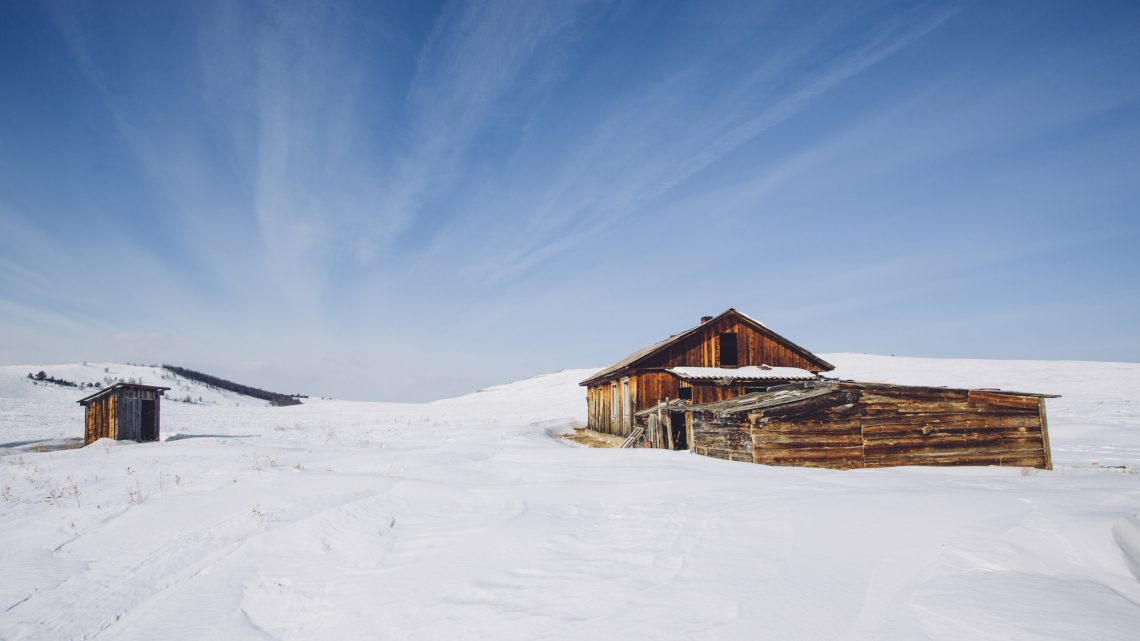
Siberia Could Become More Habitable Due to the Climate Crisis, Scientists Find
June 6, 2019A large swath of Siberia could become habitable by 2080 because of the climate crisis, new research has found.
In a study published Thursday in Environmental Research Letters, researchers found that even modest climate changes, such as summer temperatures rising by 1.9 C, could allow for a "five-fold increase" in the capacity of the area to sustain human populations by the 2080s.
"Asian Russia is currently extremely cold. In a future warmer climate, food security in terms of crop distribution and production capability is likely to become more favourable for people to support settlements," said lead author Dr. Elena Parfenova in a press release.
Researchers from the Krasnoyark Federal Research Center of Russia and the National Institute of Aerospace in the United States looked at current and predicted climate scenarios in Asian Russia (east of the Urals toward the Pacific).
While the area makes up 77 percent of Russia, it currently only accounts for 27 percent of the population.
The team used increases in temperature and precipitation to see its effect on three key factors when it comes to whether humans can live in a certain place: ecological landscape potential (the ability to grow food on the land, for example), the severity of winters, and the presence of permafrost.
With more extreme temperature and precipitation increases, by the 2080s Asian Russia would have less permafrost coverage, decreasing from the current 65 percent to 40 per cent of the area, the team found—making the land seven times more favourable to humans.
The study is especially relevant considering that the climate crisis may "force us to cross borders and flee our native lands," said the authors.
But even if the physical conditions were favourable, the authors also note that political changes would also need to happen to get people to migrate to Siberia.
"Vast tracts of Siberia and the Far East have poorly developed infrastructure. The speed these developments happen depends on investments in infrastructure and agriculture, which in turn depends on the decisions that should be made soon," said Parfenova.

